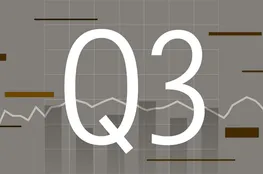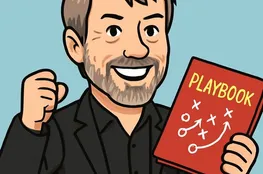The financial burden on American families has reached an unprecedented level, with recent CivicScience surveys indicating a concerning reality: Over 40% of Americans depend on credit cards to cover the gap between their earnings and monthly expenses. After covering vital costs like housing payments, car loans, and childcare, these households resort to credit to stay afloat. Alarmingly, 25% of respondents admitted incurring credit card debt last month just to afford basic necessities such as gas, groceries, and other everyday essentials.
Even more distressing, 16% revealed that this reliance on credit cards is habitual, suggesting a chronic dependence at a time when the average interest rate on credit cards exceeds 23%, making it a costly borrowing method. While increased reliance on credit cards might appear to be a feasible short-term solution, it threatens financial well-being in the long term. At the current rates, the debt can balloon swiftly due to interest charges alone, and continued use for essentials exacerbates this issue. Therefore, those using credit cards for necessities should focus on debt reduction this month before it spirals out of control.
Discover your debt relief options now. Tackling your high-interest credit card debt this November requires several key actions. First, accurately assess how much your credit card debt costs and its impact on your budget. Reviewing statements, interest rates, and fees can uncover how much of your budget is devoted to debt payments. Many individuals are unaware of their interest expenses, so use this November to evaluate your overall credit card debt and estimate the cost of making only minimum payments.
Utilizing online calculators or financial apps can assist in understanding how long it would take to pay off debt under the current payment plan. For instance, paying only the minimum could take years and accrue thousands in interest, which can guide you in making informed choices about suitable debt relief methods and motivate proactive steps to minimize interest expenses. Begin addressing your costly credit card debt immediately. Once the magnitude of your debt is clear, explore your debt relief options.
Depending on your financial situation, goals, and debt levels, some strategies can be particularly beneficial. Debt consolidation is a common approach where various credit card balances are merged into a single loan with a reduced interest rate. This can lower monthly payments and streamline your finances, as only one payment is required each month. Debt management plans are also effective. In such plans, a credit counseling agency negotiates with creditors on your behalf, potentially reducing interest rates and setting up a structured payment plan to eliminate debt within a specified timeframe.
These plans are useful for those struggling with payments, although they often demand a long-term commitment and possibly closing accounts. For those facing significant financial difficulties, credit card debt forgiveness might be feasible. It generally involves a debt relief company negotiating with creditors to settle debts for less than the owed amount, reducing overall debt, though it can negatively impact your credit score. The most expensive error with credit card debt is procrastination. Every month of inaction allows debt growth due to: Compound interest opposing you, late payment fees, potential penalty APRs which raise interest rates higher, and the risk of maxing out cards and harming your credit score.
Begin implementing your debt relief strategy now, even if it starts small. Establish a realistic budget prioritizing debt repayment while covering essential expenses. Explore ways to boost your income and, importantly, avoid using credit cards for regular expenses unless you can clear the balance monthly. The bottom line this November is to commit to reducing your credit card debt. Feeling overwhelmed is natural, but breaking it down into manageable steps brings you closer to financial independence and helps avoid the costly cycle of credit card debt.
Each payment brings you a step nearer to a debt-free life and financial peace. Angelica Leicht, a senior editor specializing in personal finance topics, provides insights through her writings and has experience editing for various financial publications.
























